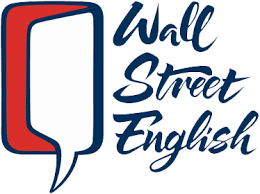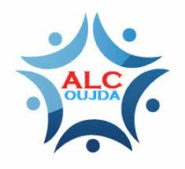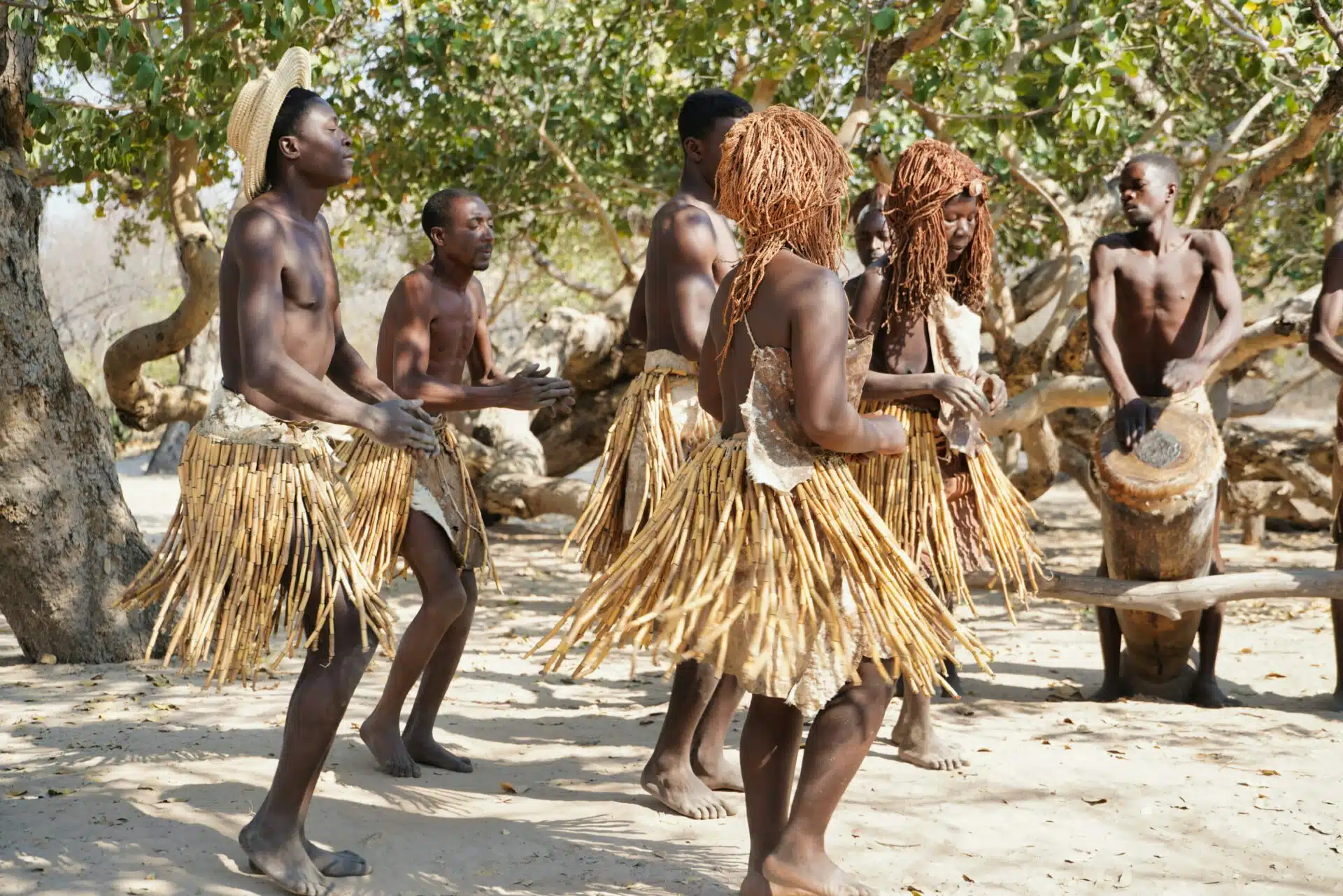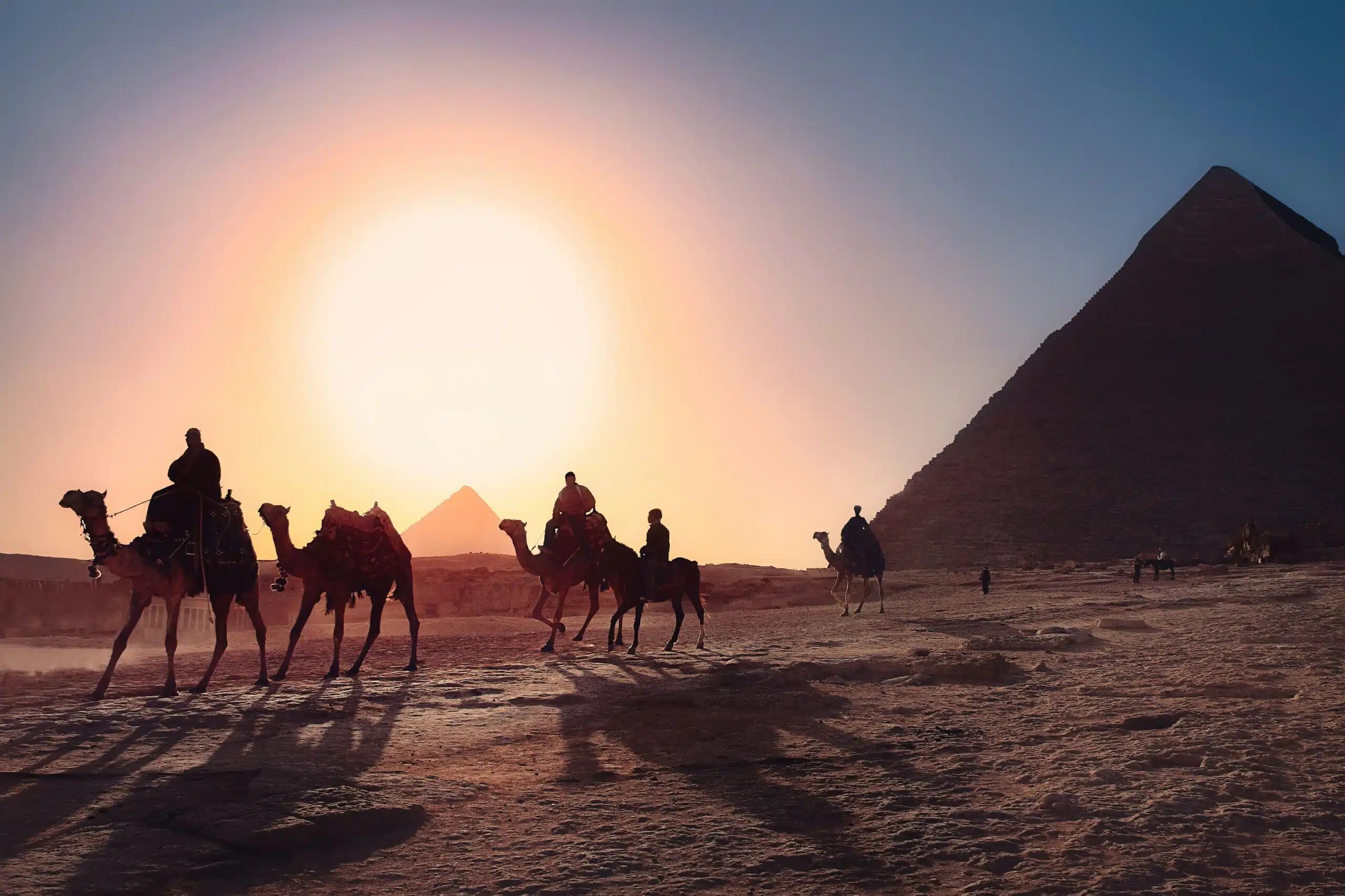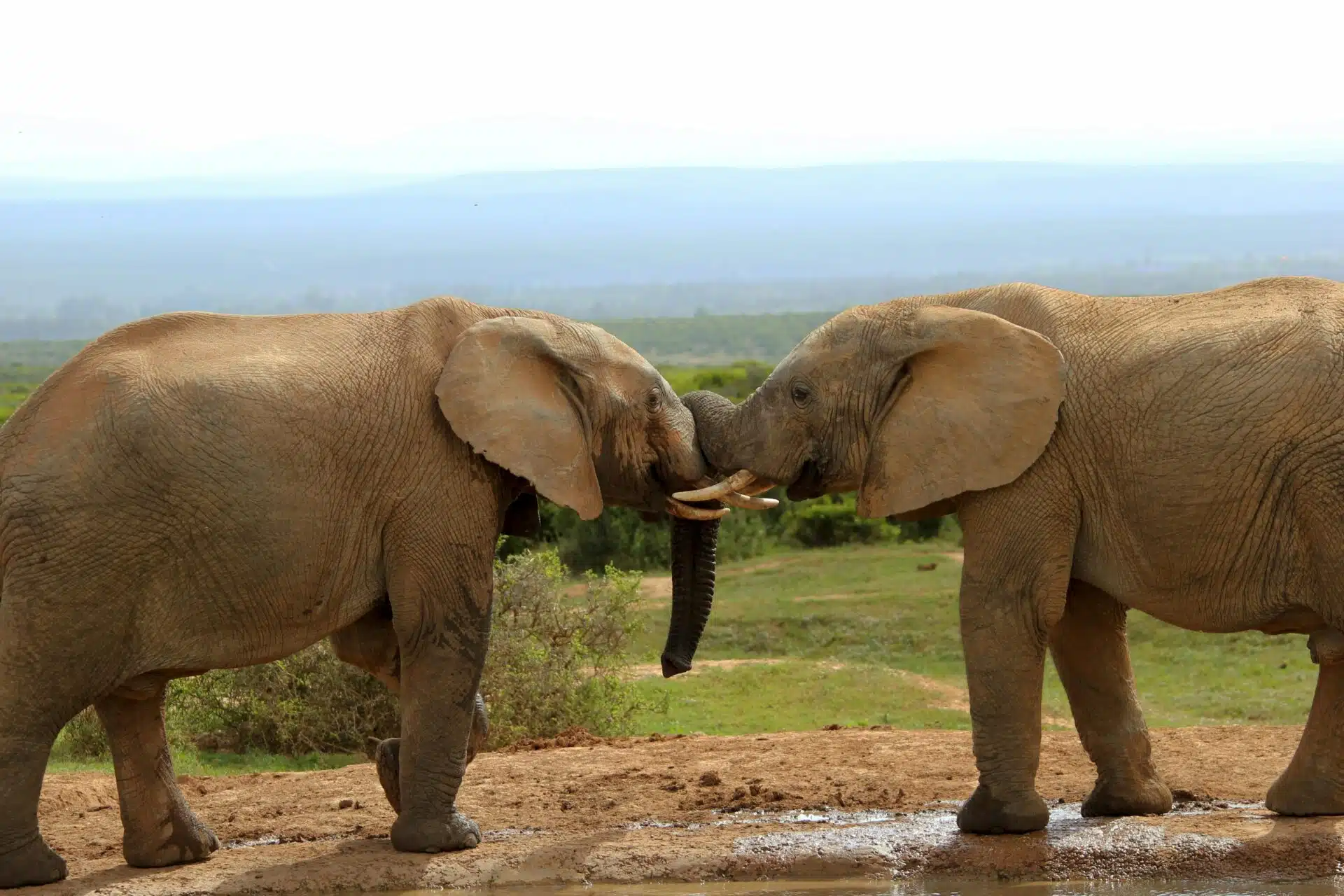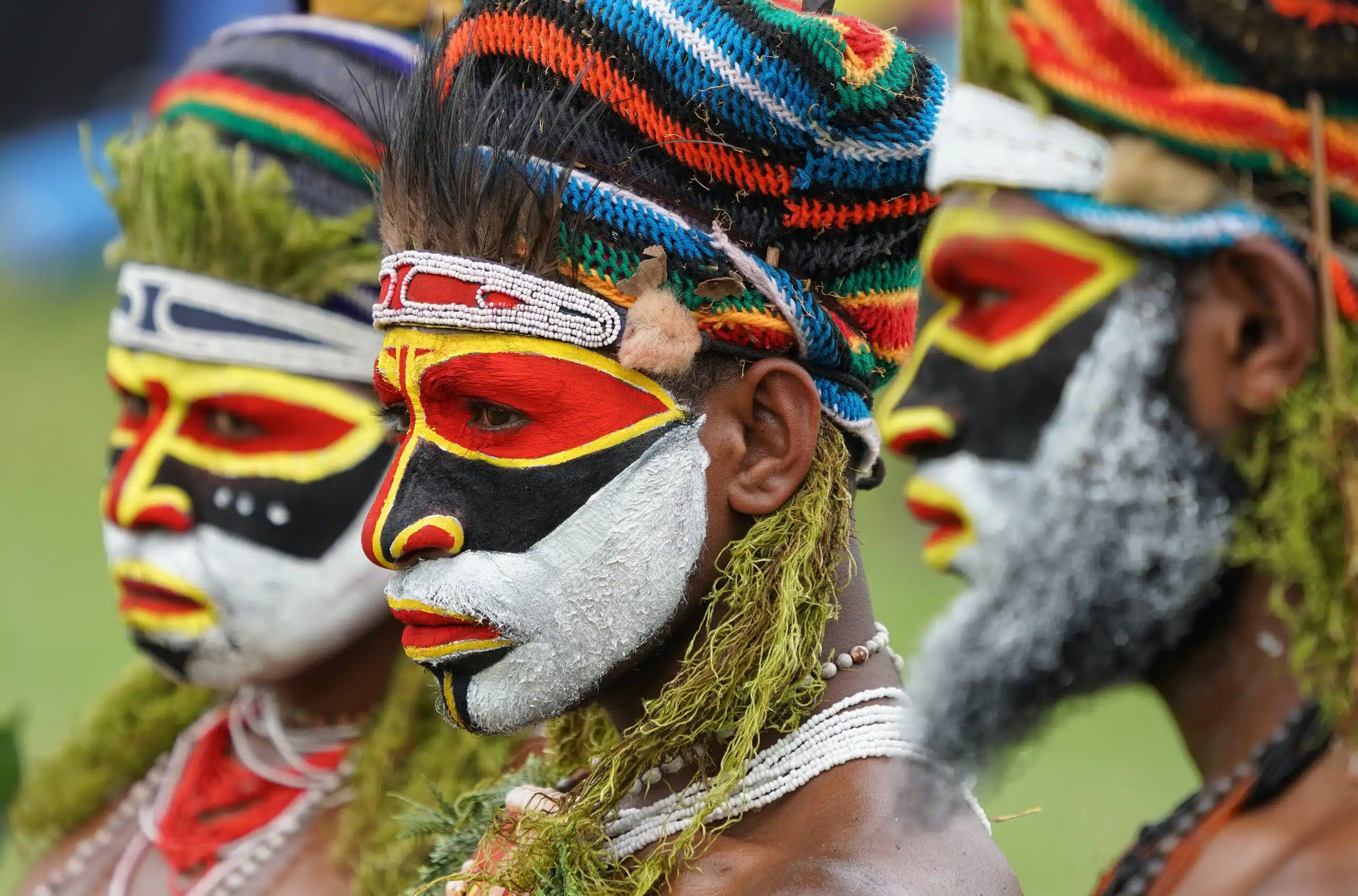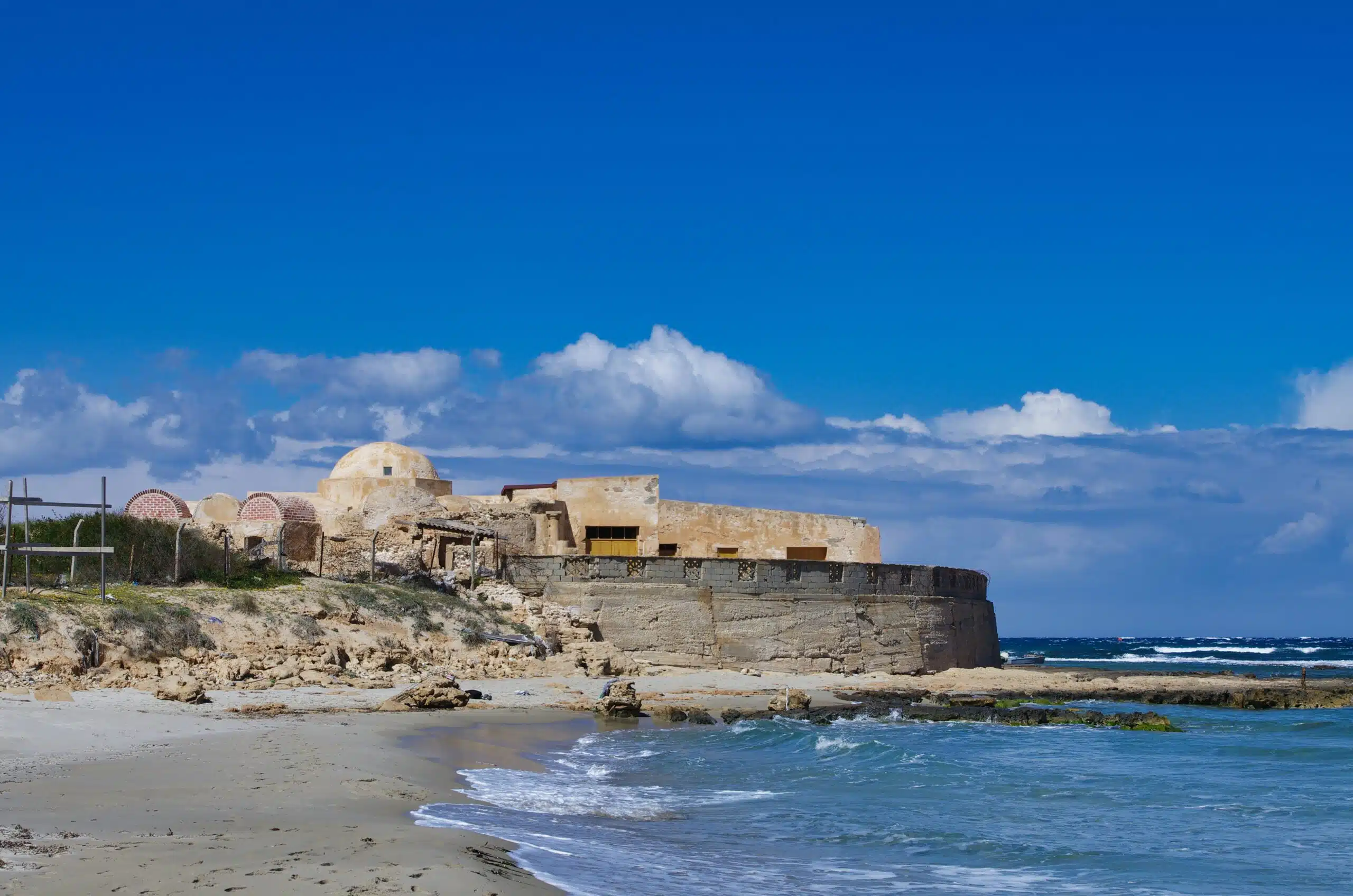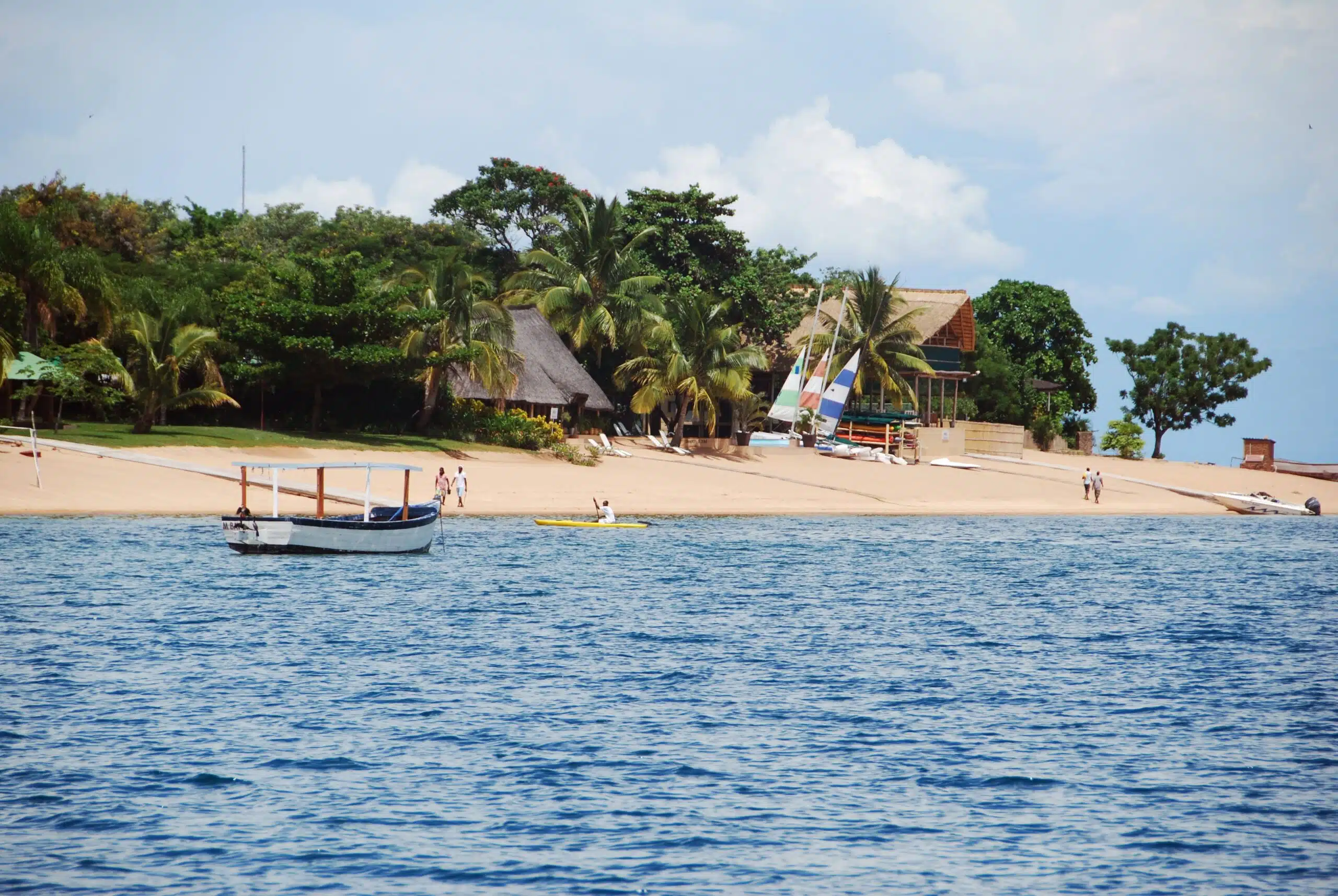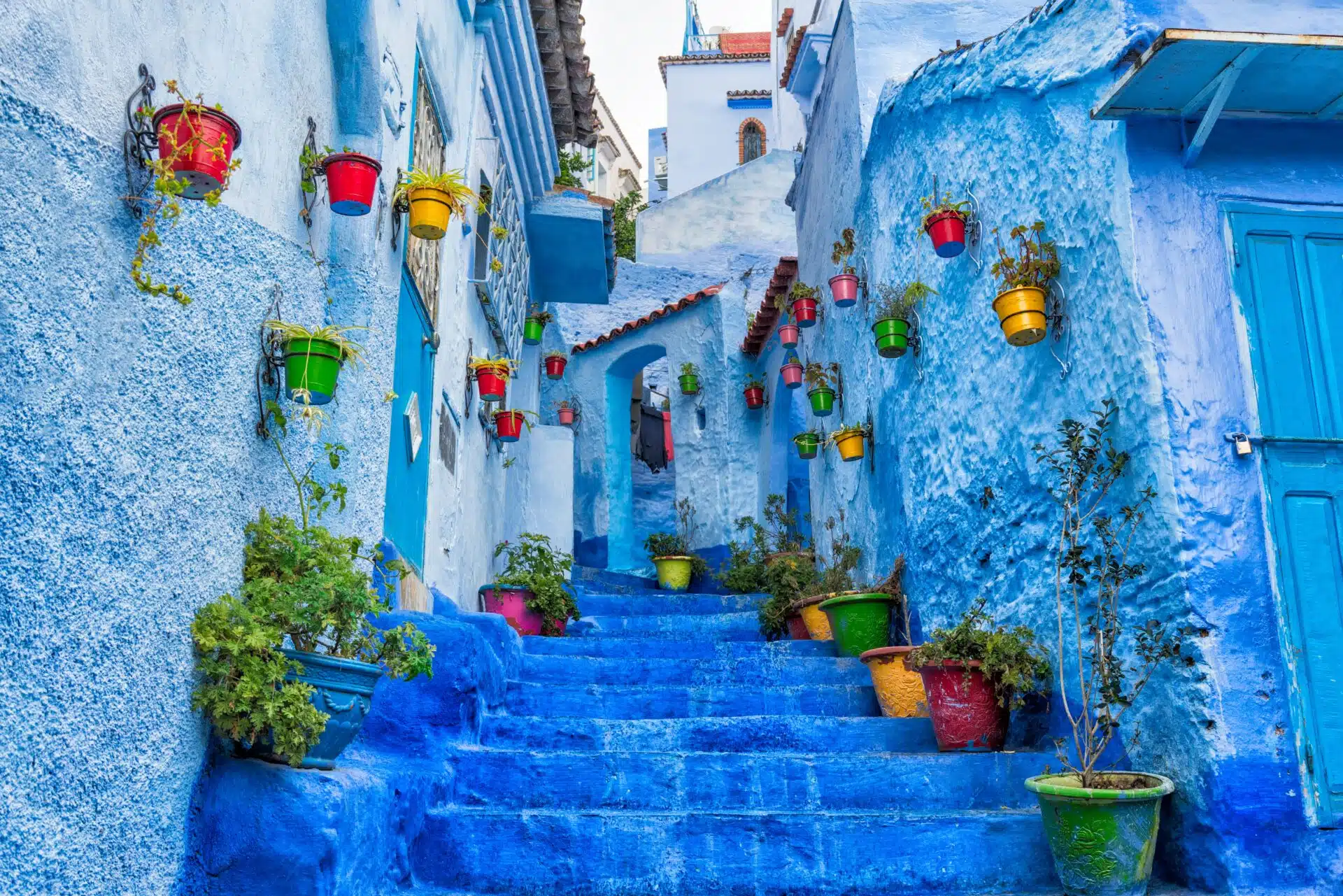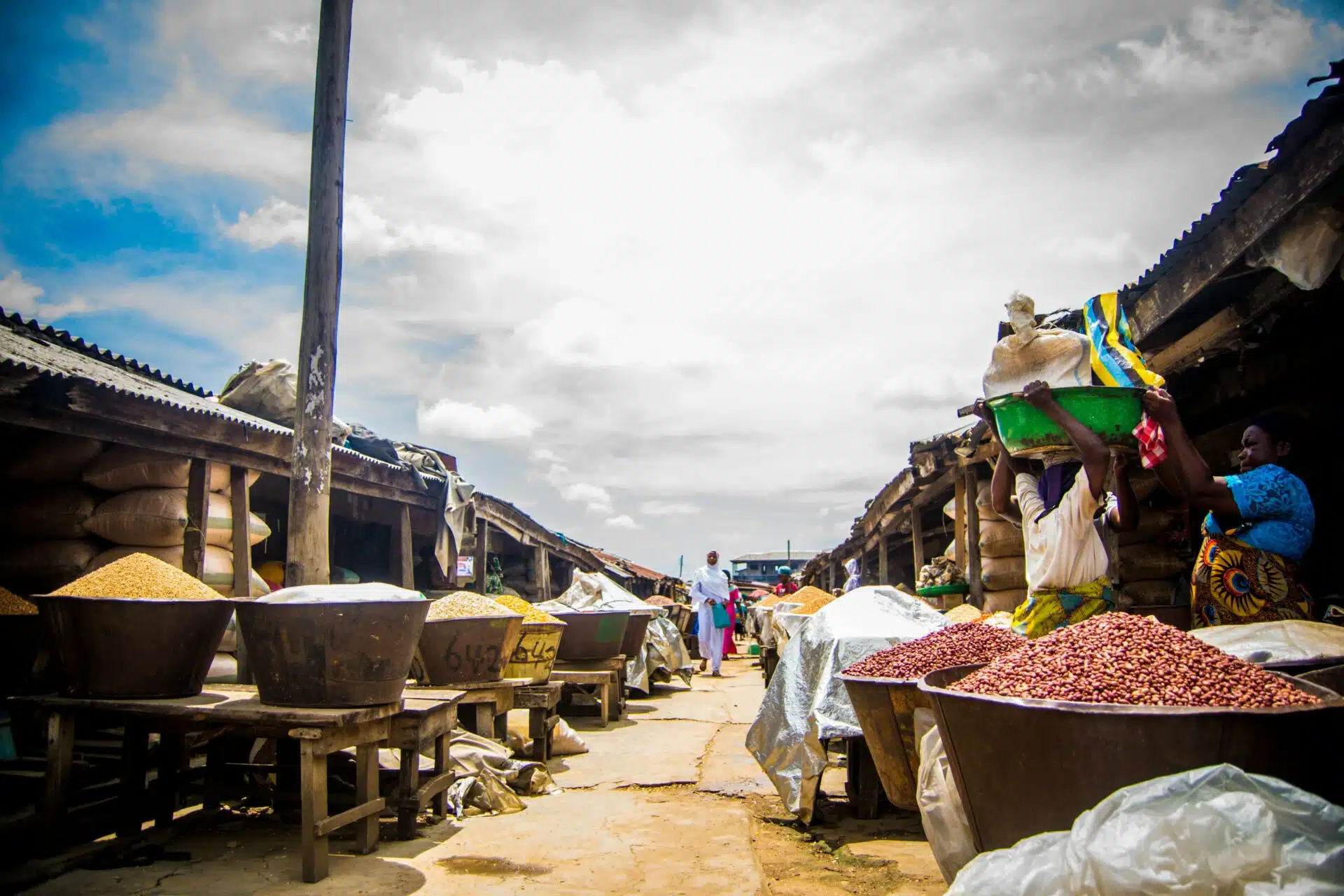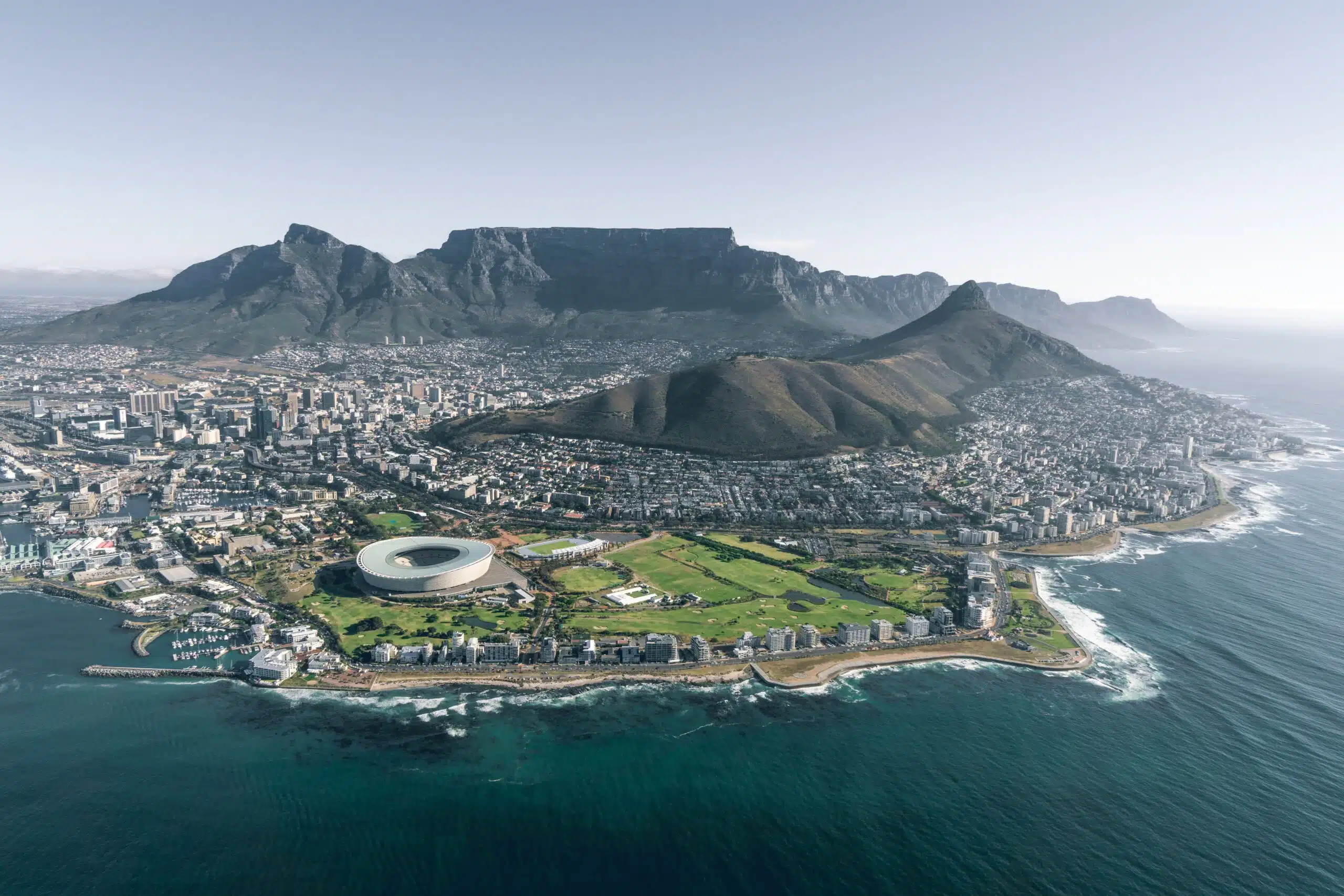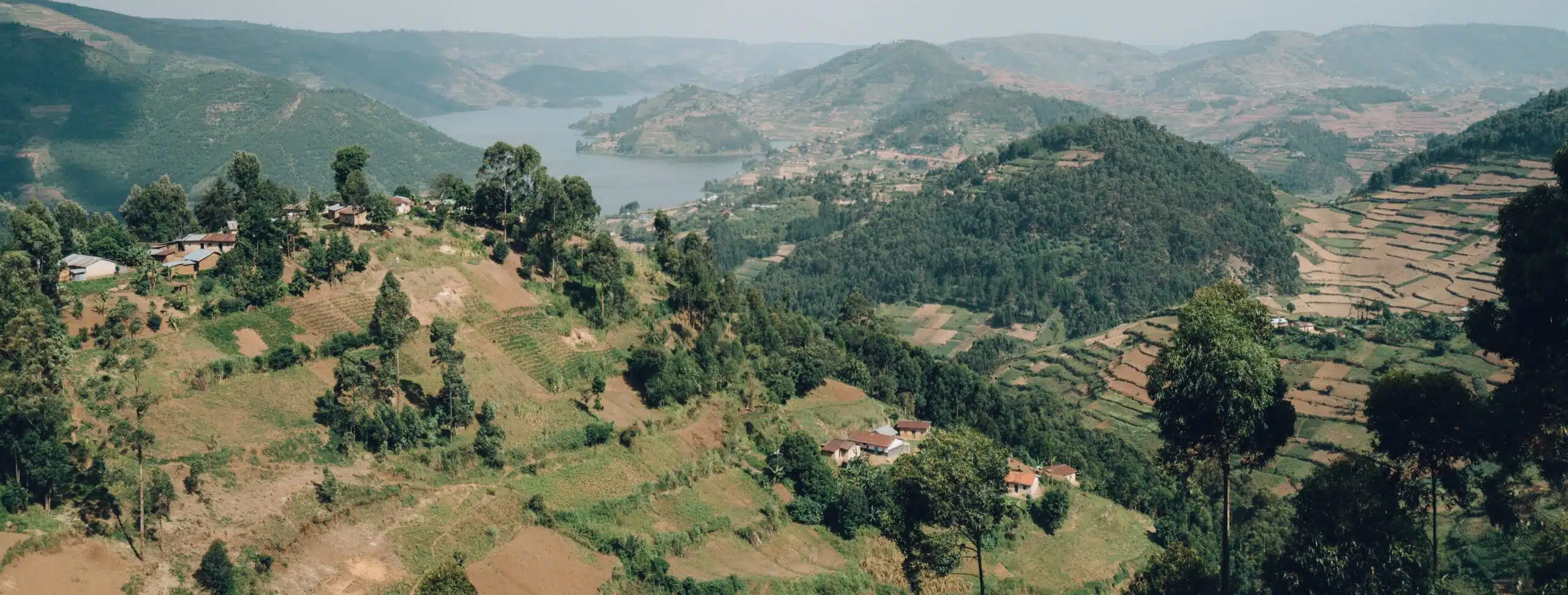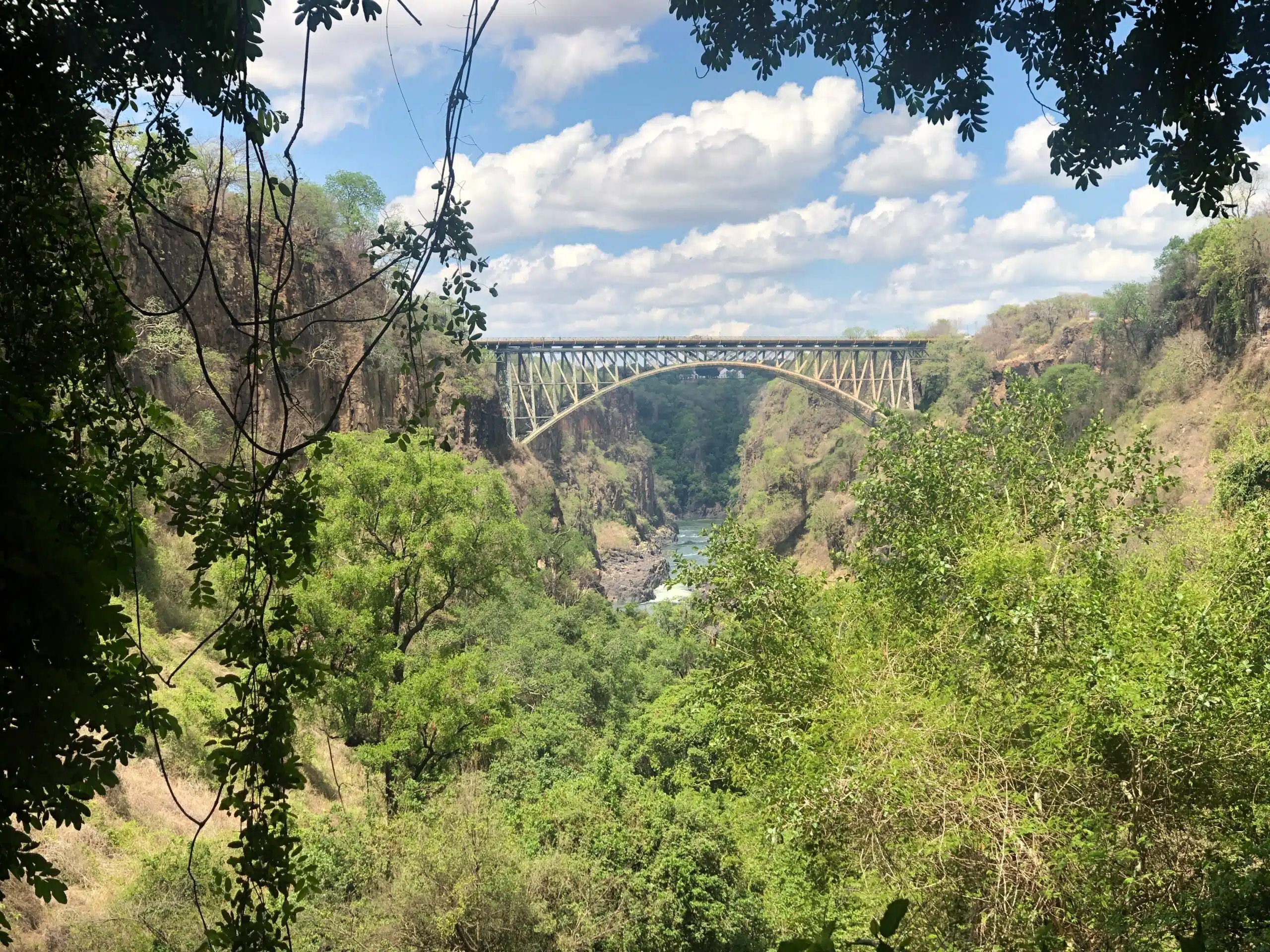Teach English in Morocco
a world of opportunities
Join a global community of over 200,000 TEFL teachers working throughout the world! Enrol me!
Contents
Introduction
Teaching opportunities
Teaching requirements
Start your TEFL journey
How to begin teaching in Morocco
Morocco, situated in North Africa, is an interesting blend of European, African, and Middle Eastern influences. Morocco is influenced by its neighbours. Near the water border with Spain, Meknes blends Spanish culture with Moroccan. To the east, it shares a border with Algeria. The country cascades down to the Western Sahara Desert, where visitors can go on dune safaris in jeeps. This desert frontier is still disputed under international law.
Moroccans enjoy other outdoor pursuits. These include skiing in the Atlas mountain range, swimming on the Atlantic coast and in the Mediterranean Sea, and hiking to discover the forests and hidden waterfalls.
For those who are not so into outdoor adventure, Morocco offers other interesting activities, both historically and culturally. A visit to Fez should be high on any visitor’s list. This medina (ancient city), dating from the Middle Ages, is protected under a UNESCO mandate and will delight any visitor. Other medinas also include Essaouira, Tetouan, and Marrakesh, where time can be whiled away drinking fresh mint tea and eating tajines and couscous dishes.
The language of Morocco is officially Arabic, but French is also spoken. Some basic French could help you navigate the country when you are first starting out.
Interestingly, despite its location in Africa, Morocco is not a member of the African League. Instead, it has decided that its allegiance is with the Arab League. This means that people in Morocco follow Islam, and with that behave much more conservatively. For Western women, in particular, this is important because if you do not dress more modestly here, you will be harassed. It is also advisable, as a woman, not to wander alone or take taxis in this country at night.
An interesting insight into the culture and workforce of Morocco: about 19% of the country’s land is able to be farmed with around 40% of the workforce in the country employed in the agricultural sector. The main exports include citrus fruits like oranges and lemons, fresh and/or canned vegetables like tomatoes, courgettes, and beans. Some of the most beautiful cut flowers are distributed around the world from Morocco.
Morocco’s government is described as a Parliamentary Constitutional Monarchy. This is due to the Moroccan King being both head of its Government and Head of State, making the Moroccan King the only monarch in a Muslim country both a religious leader and the leader of a governing body.
Found with nearly every meal, tea in Morocco is extremely popular. There’s evidence its discovery in Morocco was in the 19th century when a British ship was left stranded on its coast; the sailors on board made the decision to remove the cargo and sell it to the locals nearby. Green tea with a hint of mint tends to be the most popular tea of choice across Morocco.
Widely seen as the oldest city in Morocco, Tangier has reports of being occupied as far back at 1600 BC by the Phoenicians.
Teaching opportunities
Due to the economy and industry, there is a demand for English in the country. This demand can be found in universities, state schools, private language institutes, and corporations, where there is a need for Business English. Moroccan students are eager to participate. They are motivated and enthusiastic. Teachers need to have a Level 5 TEFL certificate. Contracts generally ask for 20-25 hours of teaching per week.
Whatever has been agreed between you and your institution needs to be in writing. There are quite a lot of cases where teachers have not been paid or employers have not kept their verbal agreements. There are also many locations to choose from when deciding where to live and work in Morocco. Casablanca is expensive, Marrakesh has a larger expat community, Mohammedia and Rabat are more laid-back, and Irfane is more for outdoor types. Jobs for Morocco can be found on online forums.
Teaching requirements in Morocco
Teaching English in Morocco does not require a degree, and contracts typically last for 6-12 months, with peak hiring seasons occurring throughout the year. A tourist visa can be converted into a work visa for obtaining a visa, and students typically range from children to business professionals.
The average monthly cost of living in Morocco ranges from 4,000 to 10,000 MAD, while the average monthly salary ranges from 4,000 to 10,000 MAD in local currency. With these factors in mind, teaching English in Morocco can be a great opportunity for those interested in immersing themselves in the culture of North Africa while gaining international teaching experience.
Start your TEFL journey with The TEFL Academy
Would you like to teach English as a foreign language around the world? Great! You’re in the right place. The TEFL Academy provides the very best in accredited TEFL courses, meaning your qualification is recognised throughout the world. The TEFL Academy is the world’s leading TEFL course provider. We can help you acquire the skills needed to teach English as a foreign language. Check out our TEFL internships, volunteer placements and the thousands of jobs on our exclusive TEFL jobs board.
Contents
How to begin teaching in Morocco
Morocco, situated in North Africa, is an interesting blend of European, African, and Middle Eastern influences. Morocco is influenced by its neighbours. Near the water border with Spain, Meknes blends Spanish culture with Moroccan. To the east, it shares a border with Algeria. The country cascades down to the Western Sahara Desert, where visitors can go on dune safaris in jeeps. This desert frontier is still disputed under international law.
Moroccans enjoy other outdoor pursuits. These include skiing in the Atlas mountain range, swimming on the Atlantic coast and in the Mediterranean Sea, and hiking to discover the forests and hidden waterfalls.
For those who are not so into outdoor adventure, Morocco offers other interesting activities, both historically and culturally. A visit to Fez should be high on any visitor’s list. This medina (ancient city), dating from the Middle Ages, is protected under a UNESCO mandate and will delight any visitor. Other medinas also include Essaouira, Tetouan, and Marrakesh, where time can be whiled away drinking fresh mint tea and eating tajines and couscous dishes.
The language of Morocco is officially Arabic, but French is also spoken. Some basic French could help you navigate the country when you are first starting out.
Interestingly, despite its location in Africa, Morocco is not a member of the African League. Instead, it has decided that its allegiance is with the Arab League. This means that people in Morocco follow Islam, and with that behave much more conservatively. For Western women, in particular, this is important because if you do not dress more modestly here, you will be harassed. It is also advisable, as a woman, not to wander alone or take taxis in this country at night.
An interesting insight into the culture and workforce of Morocco: about 19% of the country’s land is able to be farmed with around 40% of the workforce in the country employed in the agricultural sector. The main exports include citrus fruits like oranges and lemons, fresh and/or canned vegetables like tomatoes, courgettes, and beans. Some of the most beautiful cut flowers are distributed around the world from Morocco.
Morocco’s government is described as a Parliamentary Constitutional Monarchy. This is due to the Moroccan King being both head of its Government and Head of State, making the Moroccan King the only monarch in a Muslim country both a religious leader and the leader of a governing body.
Found with nearly every meal, tea in Morocco is extremely popular. There’s evidence its discovery in Morocco was in the 19th century when a British ship was left stranded on its coast; the sailors on board made the decision to remove the cargo and sell it to the locals nearby. Green tea with a hint of mint tends to be the most popular tea of choice across Morocco.
Widely seen as the oldest city in Morocco, Tangier has reports of being occupied as far back at 1600 BC by the Phoenicians.
Teaching opportunities
Due to the economy and industry, there is a demand for English in the country. This demand can be found in universities, state schools, private language institutes, and corporations, where there is a need for Business English. Moroccan students are eager to participate. They are motivated and enthusiastic. Teachers need to have a Level 5 TEFL certificate. Contracts generally ask for 20-25 hours of teaching per week.
Whatever has been agreed between you and your institution needs to be in writing. There are quite a lot of cases where teachers have not been paid or employers have not kept their verbal agreements. There are also many locations to choose from when deciding where to live and work in Morocco. Casablanca is expensive, Marrakesh has a larger expat community, Mohammedia and Rabat are more laid-back, and Irfane is more for outdoor types. Jobs for Morocco can be found on online forums.
Teaching requirements in Morocco
Teaching English in Morocco does not require a degree, and contracts typically last for 6-12 months, with peak hiring seasons occurring throughout the year. A tourist visa can be converted into a work visa for obtaining a visa, and students typically range from children to business professionals.
The average monthly cost of living in Morocco ranges from 4,000 to 10,000 MAD, while the average monthly salary ranges from 4,000 to 10,000 MAD in local currency. With these factors in mind, teaching English in Morocco can be a great opportunity for those interested in immersing themselves in the culture of North Africa while gaining international teaching experience.
Start your TEFL journey with The TEFL Academy
Would you like to teach English as a foreign language around the world? Great! You’re in the right place. The TEFL Academy provides the very best in accredited TEFL courses, meaning your qualification is recognised throughout the world. The TEFL Academy is the world’s leading TEFL course provider. We can help you acquire the skills needed to teach English as a foreign language. Check out our TEFL internships, volunteer placements and the thousands of jobs on our exclusive TEFL jobs board.
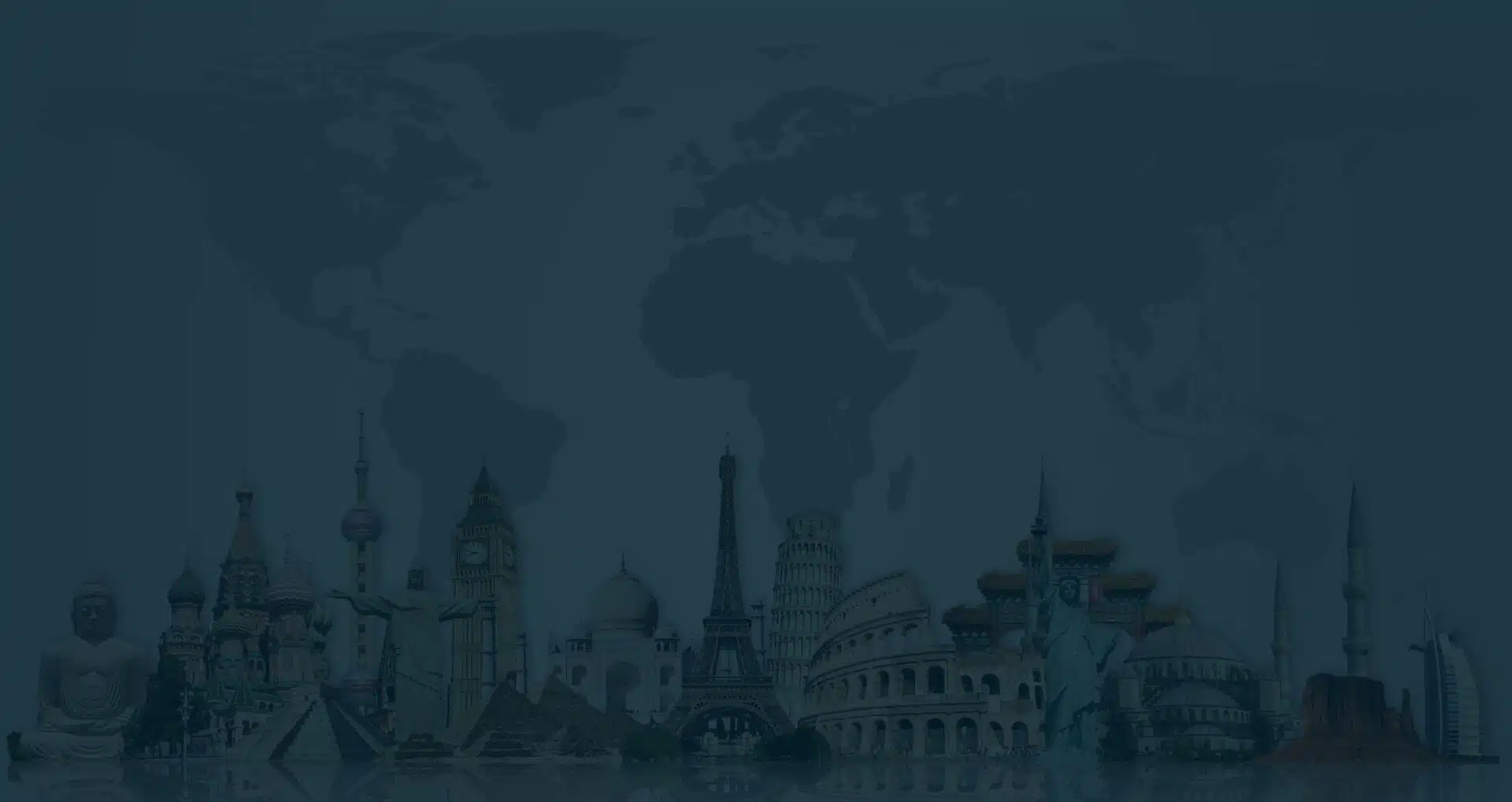
Download the World TEFL Factbook
We have created a unique TEFL World Factbook of teaching abroad guides in over 100 countries to help TEFL teachers decide where in the world to teach English. Each country profile outlines everything a TEFL teacher would need to know including average pay, living costs, working environments and even the weather!
Download TEFL Factbook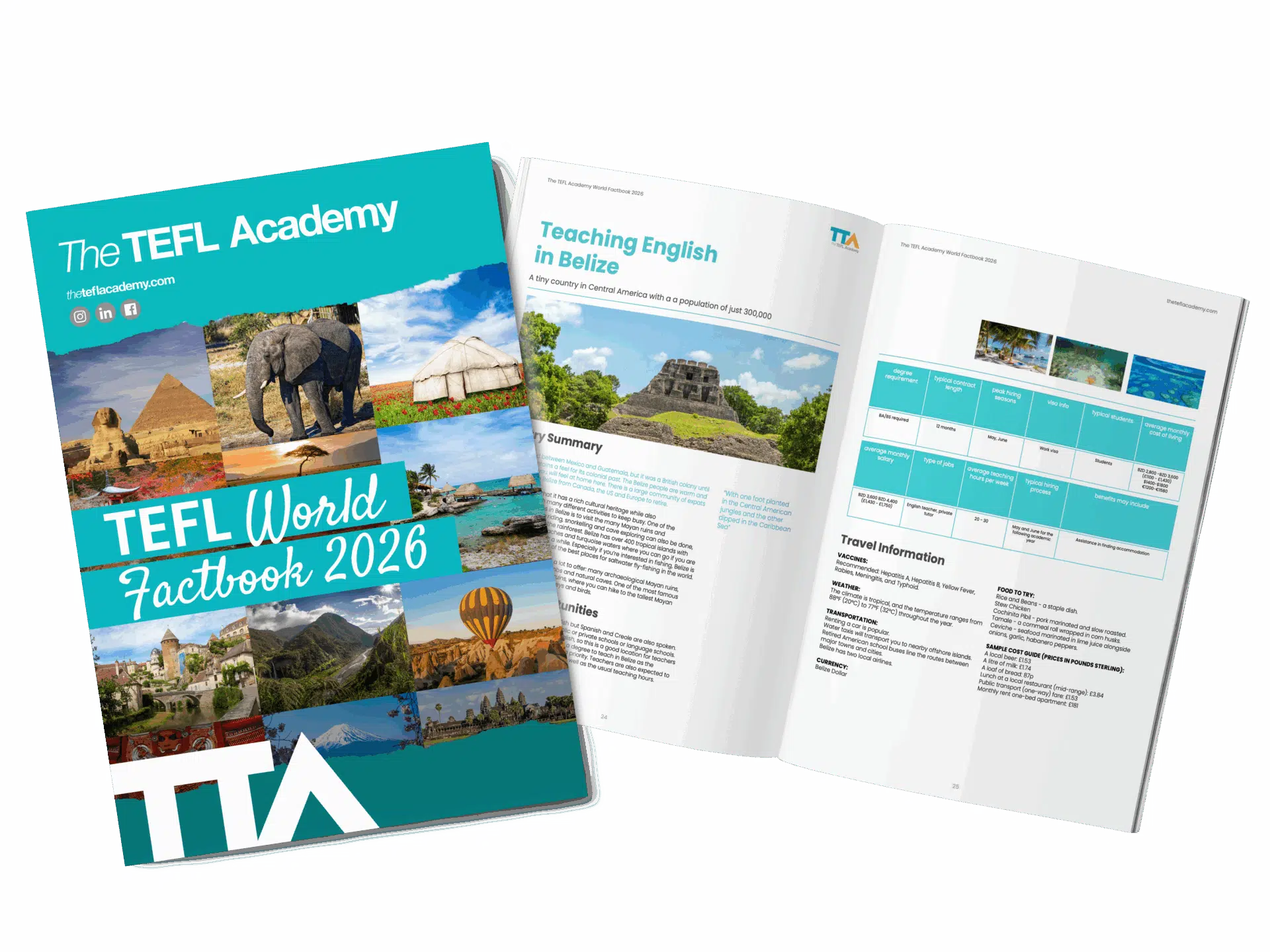
TEFL Jobs In Morocco
View AllOther Places In Africa
View AllTeach English Abroad Articles
View All-
 Teacher's Toolkit
Teacher's ToolkitBeyond the Fun: TEFL Classroom Games That Solve Real Learning Problems
2026-02-26
-
 Teacher's Toolkit
Teacher's Toolkit10 Essential Classroom Tips For TEFL Teachers
2026-02-24
-
 Resources
ResourcesStirrers And Settlers: The Secret To Perfect Classroom Energy Management
2026-02-23
-
 Teaching English Abroad Jobs
Teaching English Abroad JobsThe Digital Nomad’s Guide To Teaching English Online In Taiwan: What It’s Really Like
2026-02-19
-
 Teach and Travel
Teach and TravelCelebrating Chinese New Year
2026-02-16
-
 Teaching English Abroad Jobs
Teaching English Abroad JobsSpecialised TEFL: Teaching Legal English
2026-02-15
 United States
US
United States
US








